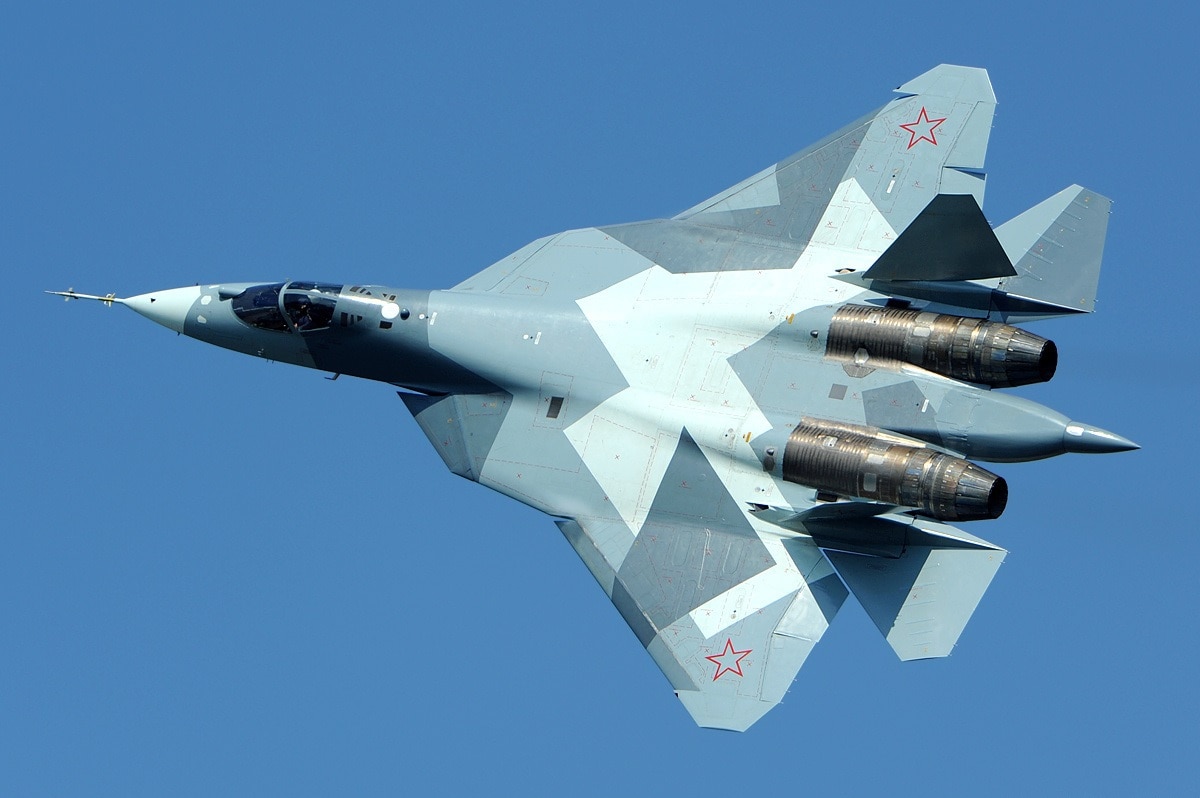In a November 1956 address to Western ambassadors at a meeting in Poland, the late Soviet First Secretary Nikita Khrushchev famously uttered the words, “we will bury you.” Several NATO member nation envoys along with the Israeli envoy left the room in protest and it has been argued that the short address set back relations between the Soviet Union and United States for a decade or perhaps longer.
However, Khrushchev actually spoke the words in his native Russia, and what he said was likely a misinterpretation or even a complete mistranslation. What he likely intended was something far closer to “we shall outlive you” or even “it will be your funeral.”
Such a mistranslation didn’t occur this week however when Russian Federation President Vladimir Putin warned that Russia would “knock out the teeth” of any foreign adversary that challenges its sovereignty over territory it clams.
Putin made the comment on Thursday while delivering televised remarks at a virtual meeting with senior officials, but declined to actually call out such an adversary by name.
“Everyone wants to ‘bite’ us somewhere or ‘bite off’ something of ours, but those that would do this should know that we will knock out the teeth of all of them so they aren’t able to bite,” Putin said during his address, according to Reuters. “And the key to this is the development of our armed forces.”
The wire service also reported that Putin made those comments in reference specifically to Siberia.
“Some even dare to say publicly that it is allegedly unfair that Russia owns the wealth of a region such as Siberia. Only one country does,” Putin added.
Putin made his remarks just a day after his top diplomat Sergey Lavrov reportedly clashed with U.S. Secretary of State Tony Blinken at a summit over the issue of the Arctic.
Russia has increased its presence in the region, and recently expanded its northernmost military base, which is located on the Franz Josef Land archipelago about 600 miles south of the geographic North Pole.
The base, which was first built in the 1950s as a weather station and communications outpost between the Eurasian mainland the North Pole, features a “shamrock-shaped facility” that consists of three large pods extending from a central atrium called the Arctic Trefoil. It is painted in the white-red-blue colors of the Russian national flag.
“Everyone knows that it’s our territory, out land,” Lavrov said at the summit earlier in the week. “We bear responsibility for the Arctic coast to be safe, and everything our country does there is fully legitimate.”
NATO has expressed concern about Russia’s growing military footprint.
“Increased Russian presence, more Russian bases in the High North, has also triggered the need for more NATO presence, and we have increased our presence there with more naval capabilities, presence in the air, and not least, the importance of protecting transatlantic undersea cables transmitting a lot of data,” NATO Secretary-General Jens Stoltenberg said recently.
Peter Suciu is a Michigan-based writer who has contributed to more than four dozen magazines, newspapers and websites. He regularly writes about military small arms, and is the author of several books on military headgear including A Gallery of Military Headdress, which is available on Amazon.com.

